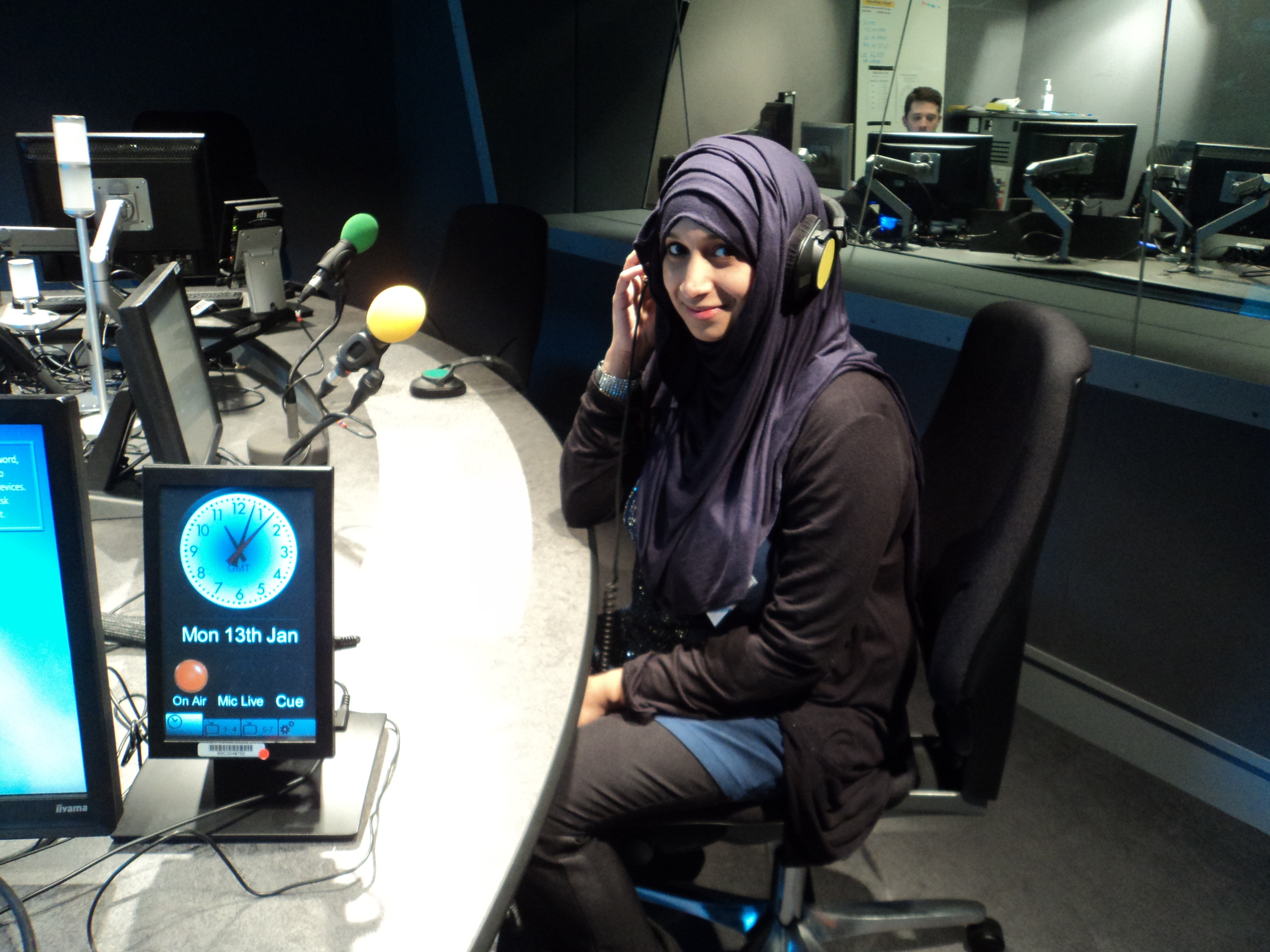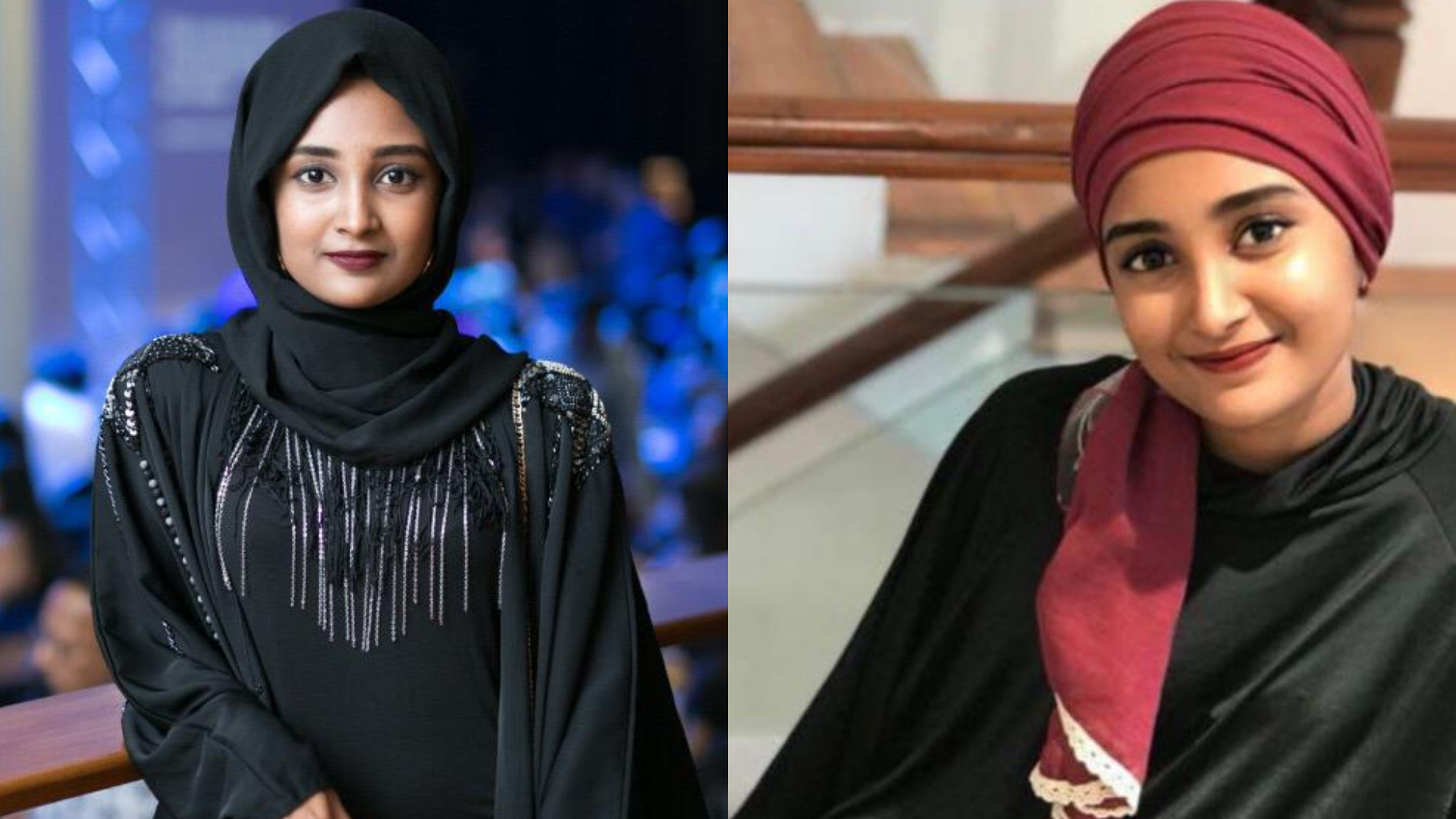Women Tell Us How Sri Lanka’s Proposed Burqa Ban Is Hurting Them
March 24, 2021Ayesha Zahran, 22, felt a mix of anger and fear when she read the news over a week ago. Sarath Weerasekera, the minister of public security in Sri Lanka—Zahran’s homeland—had just proposed to ban full-face covering worn by Muslim women in the Buddhist-majority country. “It is a sign of religious extremism,” he told the Sri Lankan media on March 13. “We are definitely going to ban it.”
Zahran, a college student who requested the use of a pseudonym to protect her privacy, didn’t mince words. The proposed ban is “pure racism,” she told VICE World News. “It doesn’t make sense that you ban the niqab in the name of ‘national security’ when everyone is covering their faces one way or another because of the pandemic.”
The announcement has exacerbated Zahran’s insecurity as a Muslim woman. “I don’t know when and where people might attack me verbally or physically. I have faced it in the past,” she said.
Zahran started wearing the hijab—which covers the head and hair—when she turned 11. By 15, she was wearing the niqab—the face veil that covers the face except for the eyes. Zahran has approached Sri Lanka’s Human Rights Commission to build a case of fundamental rights violation.
“For others, it might be a piece of cloth. It’s more than that to me,” she said.
The island nation has a troubled past of ethnic conflicts. The state’s war against its minority population, the Tamils, had blown up into a 25-year civil war (1983-2009). Before the Sinhala-Buddhist majority government brutally crushed the Tamil rebels, it had killed thousands and displaced almost a million.
Muslims, who make up about 9 percent of the country’s 22 million people, fear the same outcome amid a pattern of anti-Muslim sentiments and violence.
Much of the violence against the Muslim minority is perpetrated by gangs of hard-line Sinhalese-Buddhists. Past reports show a range of Islamophobic incidents ranging from the kidnapping of Muslims to desecrating mosques and directly calling for violence.
The current proposed burqa ban came after a temporary one right after the deadly Easter Sunday attacks in 2019, when Islamic extremist suicide bombers killed over 250 people in multiple locations in Sri Lanka. The burqa ban back then—imposed on grounds of national security—faced a backlash by Muslim women and was revoked, but not before it left a series of harassment and violence in its wake.
Shreen Abdul Saroor, a women’s rights activist, told VICE World News that before the 2019 bombings, there were already hostile myths around the Islamic head and body coverings. “Racist Buddhist monks used to call the abaya-donning women ‘goni billa’, which translates to someone who will take away naughty kids in a sack,” Saroor said. “It’s a term to scare children.”
The racial attacks intensified after the 2019 bombings. “Pregnant women were forced to remove abayas (full-length garments) at the hospitals in public. Even school girls were made to remove their coverings in front of school gates, and were harassed in public transport,” she added. “Are [the authorities] stripping us naked in the name of public security? Why has the Muslim women’s body become the battleground for the government? Is it because they want to demonise the Muslim community by abusing its women?”
“This is not just racism but also chauvinistic,” Saroor said.
Tasnim Nazeer, a British journalist of Sri Lankan descent, told VICE World News that she witnessed the escalating Islamophobia first-hand. “I used to visit Sri Lanka almost every year. Shortly after the Easter bombings, I landed in Colombo to meet my family,” she said. “I was publicly asked to take off my hijab, or go back to Saudi Arabia.”

Sarah Faisal, a 22-year-old media professional, said that she decided to tone down her “Muslimness” after she faced hostile comments from strangers on the streets after the Easter bombings. “When you directly associate a burqa with being a national threat, you’re giving a false narrative and creating fear for no reason,” she told VICE World News.
Faisal opted for tying her headscarf into a turban, instead of her hijab, while many of her friends started buying colourful abayas instead of the traditional blacks and greys. “It’s easy on others’ eyes, and not because we want to look good in them,” she said. “This is wrong because we shouldn’t have to think, ‘How scary do I look today?’ before we step out of the house.”
Nazeer added that she knows of Muslim relatives and friends who are either leaving the country, or sending their kids to Muslim-majority countries like Malaysia to ensure they are treated equally. “Sri Lankan Muslims would think twice before speaking up because they’re being monitored. Muslims are also being arrested for no crimes,” she said. “But many are choosing to stay put and say, ‘Why should I have to move?”

The burqa ban also follows the controversial forced cremations of over 250 Muslims during the pandemic last year, when Muslims were told that burials could contaminate groundwater. The mandate was revoked earlier this year amid outrage.
Last week, the Sri Lankan government clarified that it is in “no rush” to implement the ban, and that consensus with Muslim leaders will be taken. Saroor said that no woman activist has been consulted in the decision. Faisal added that Muslim women are always missing from the political discourse that affects them directly.
Suroor said that a ban on Islamic body and head coverings will hinder women’s movements even more. “Banning a burqa is not liberating. In fact, heir movements and access to resources will be restricted even more,” she said. “That’s what happened in 2019. Women stopped going out completely. Some even resigned from their jobs. There were increased cases of domestic violence because they had to depend on their husbands to access the outside world.”
“If the ban is implemented, whatever little freedom a Muslim woman has will go.”
Follow Pallavi Pundir on Twitter.
